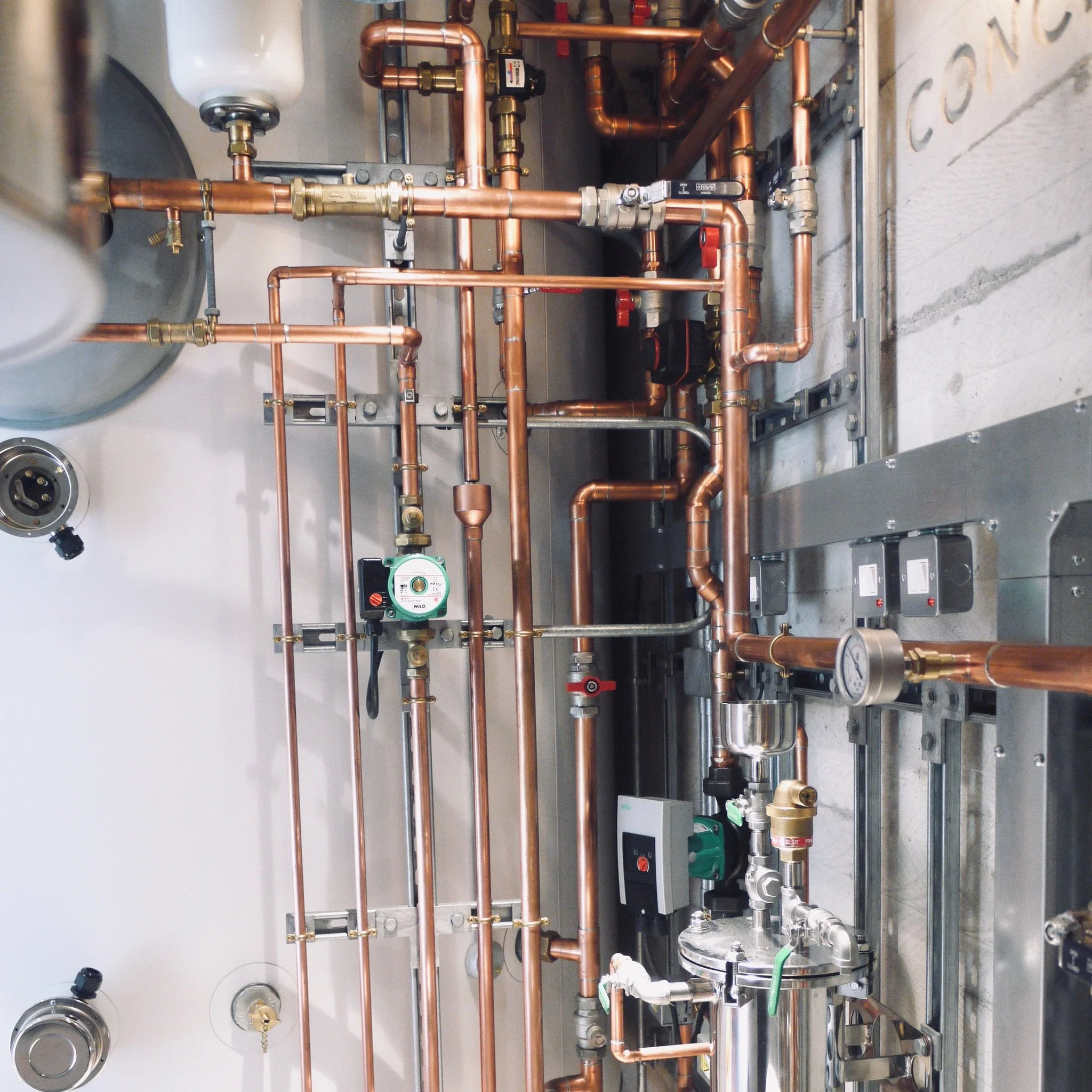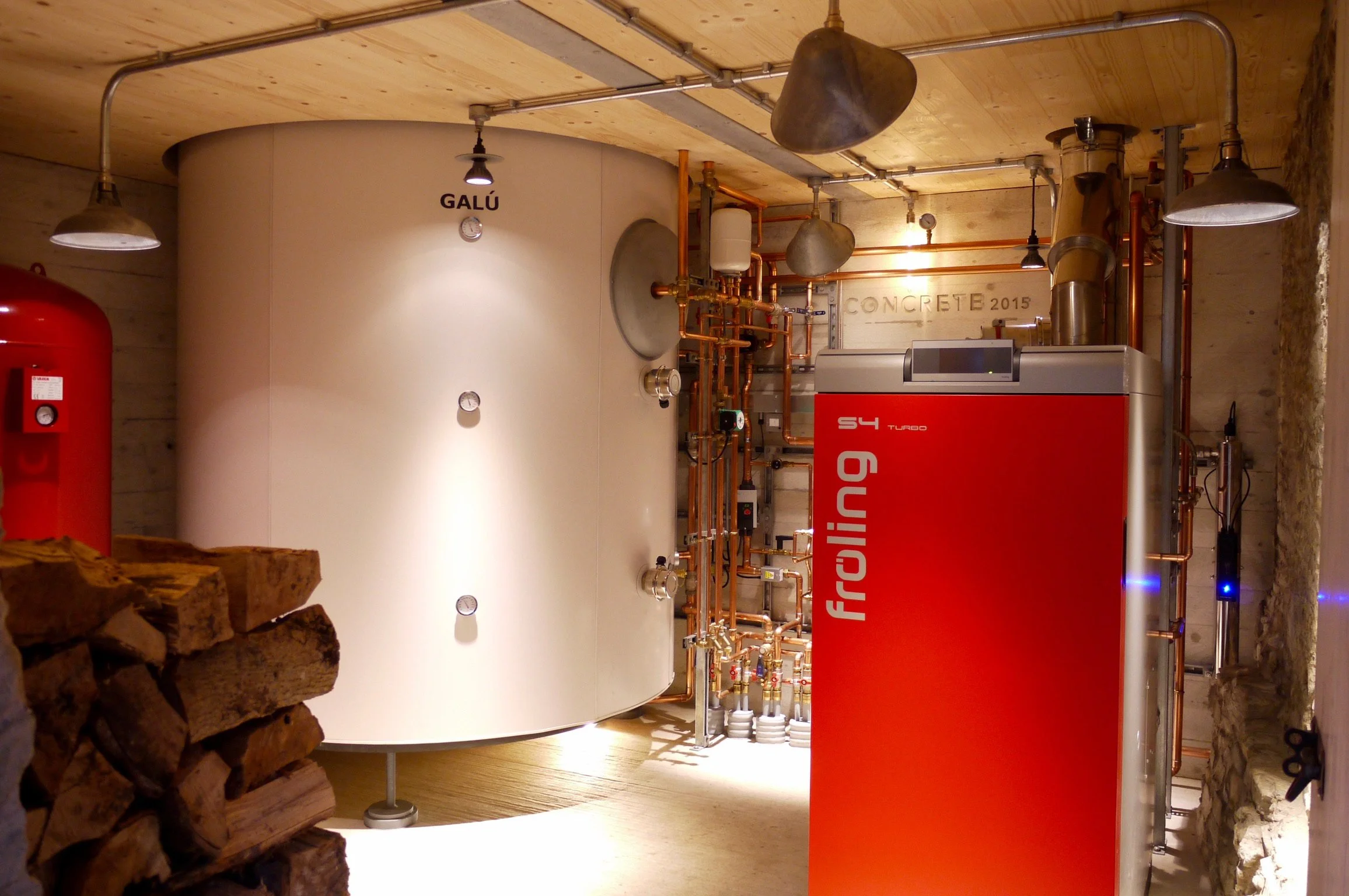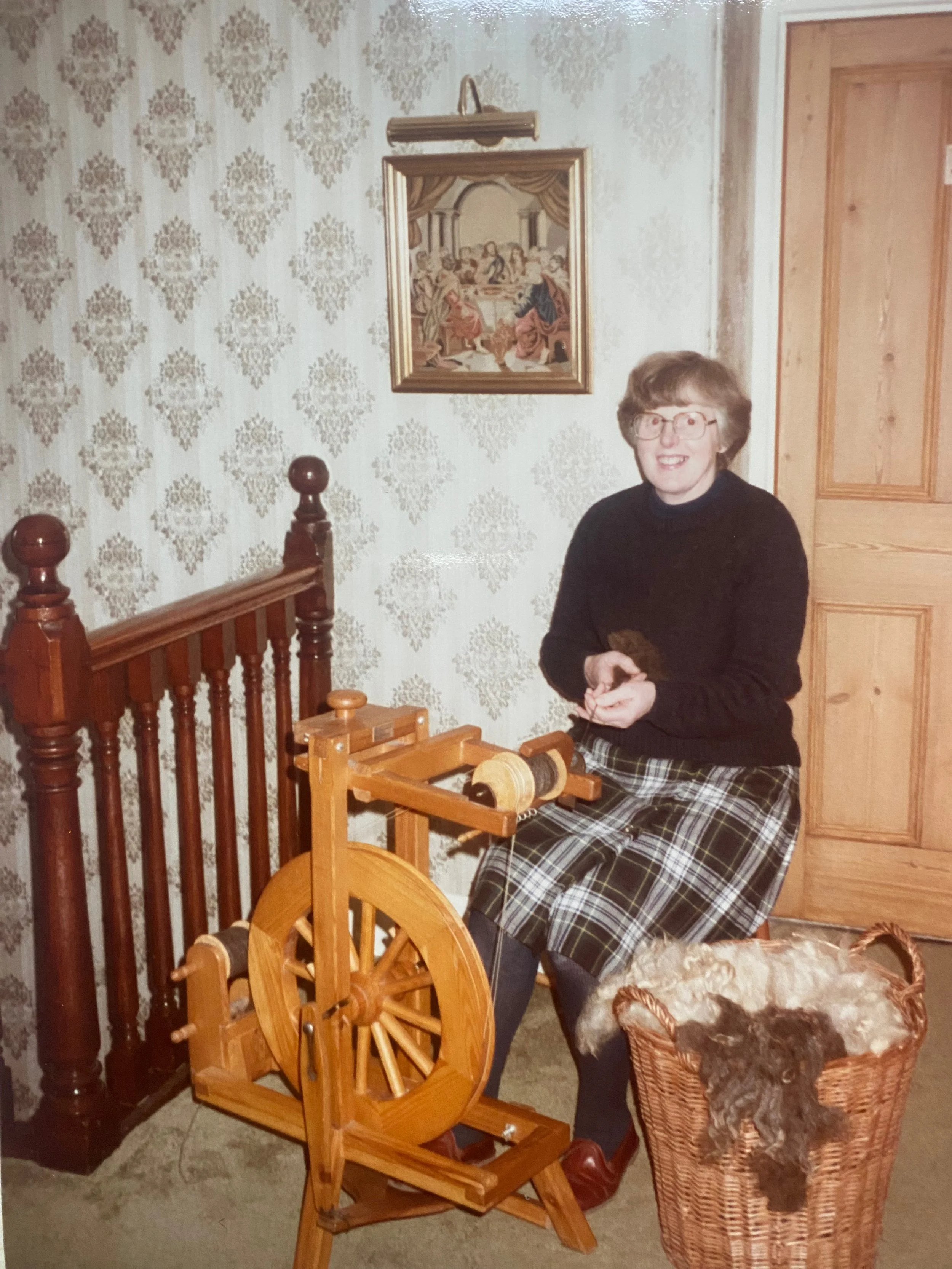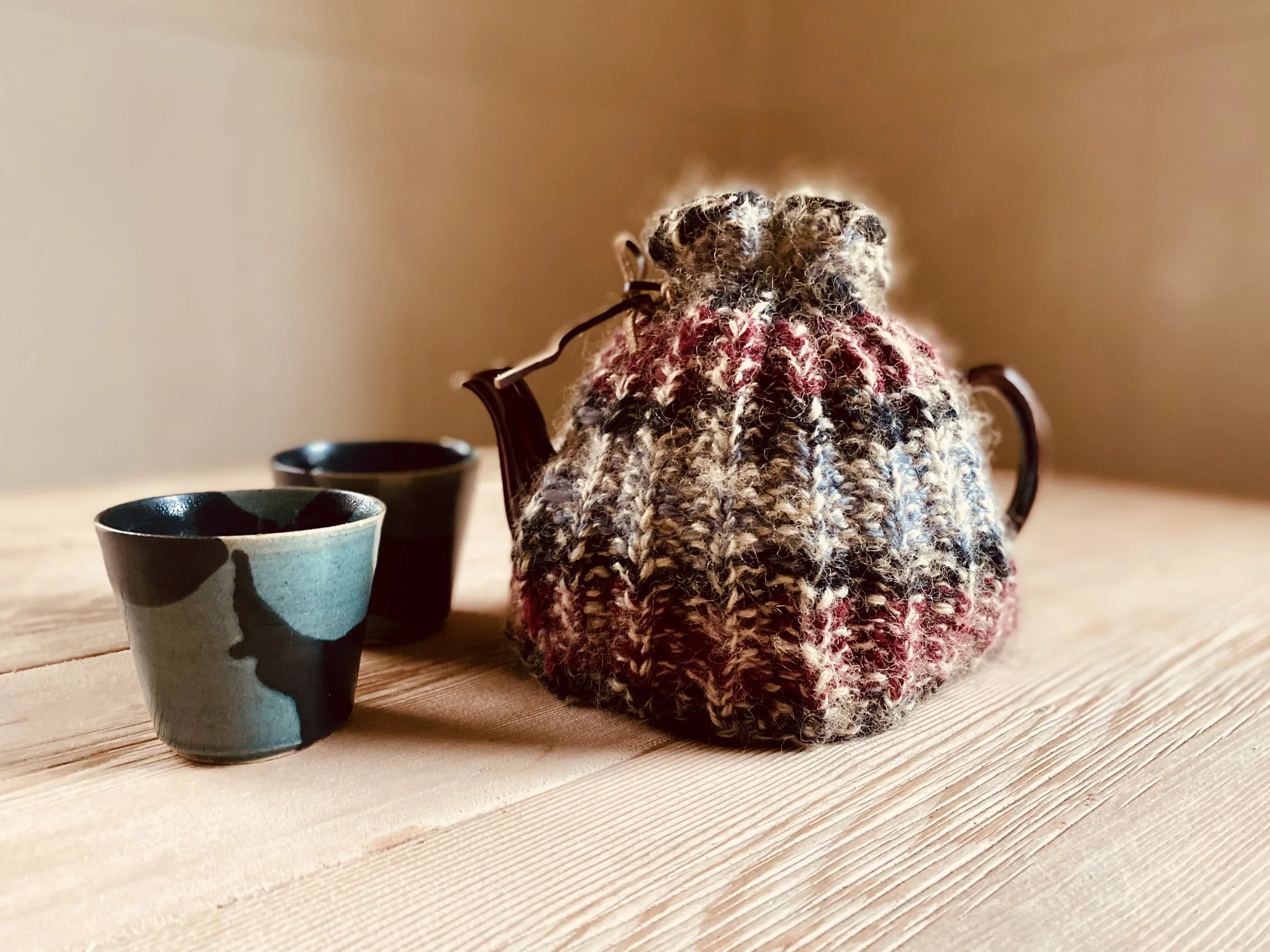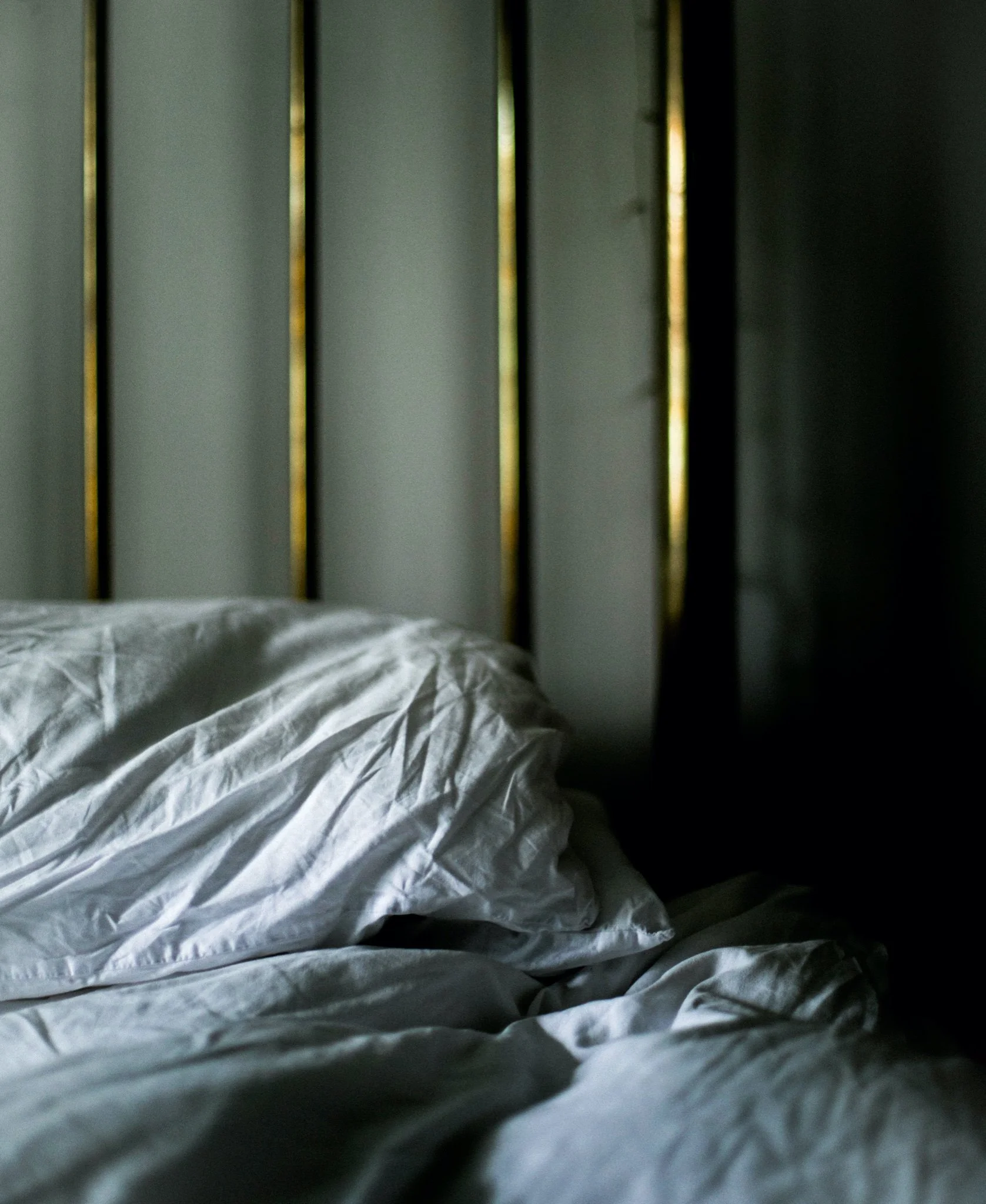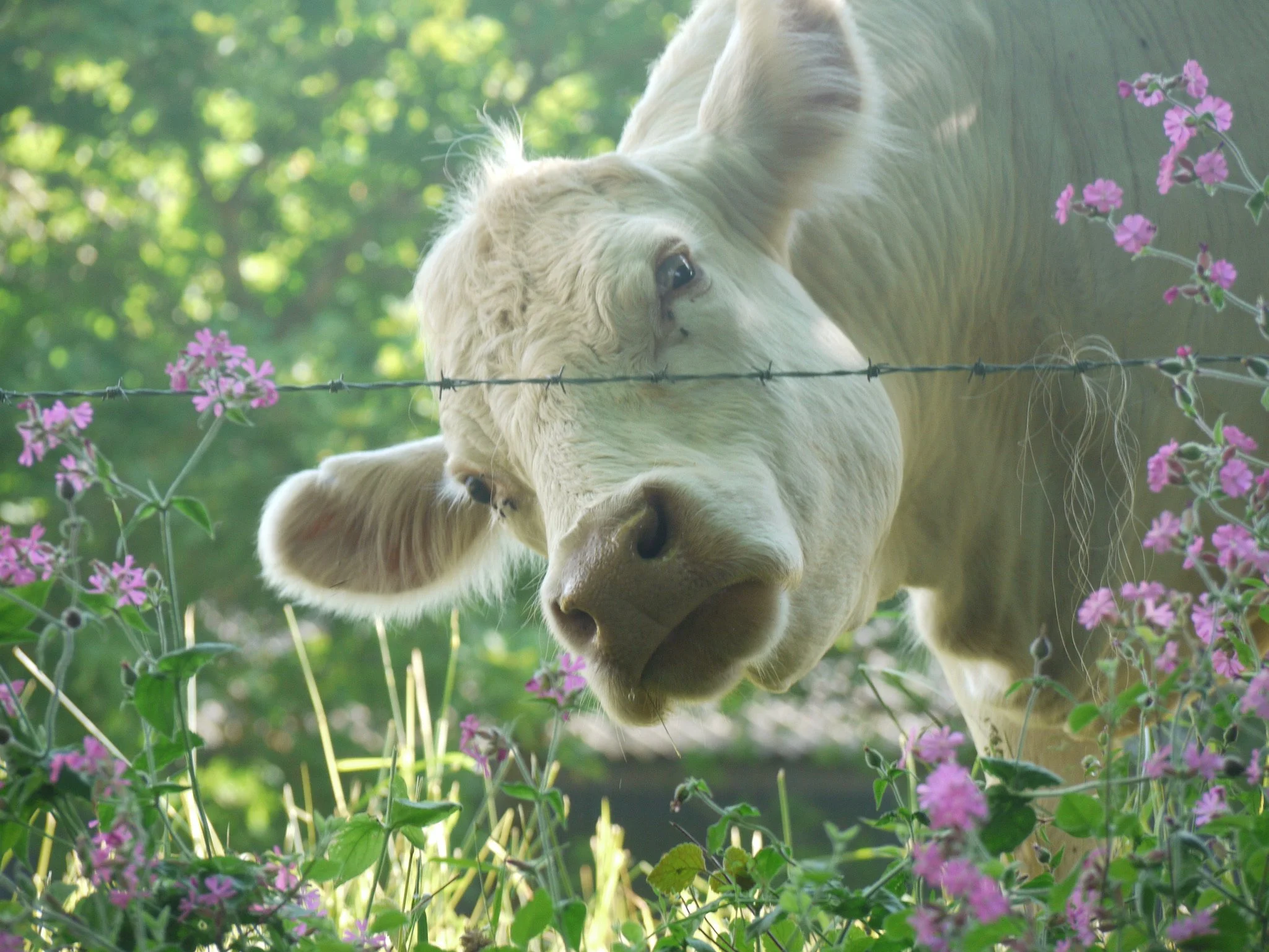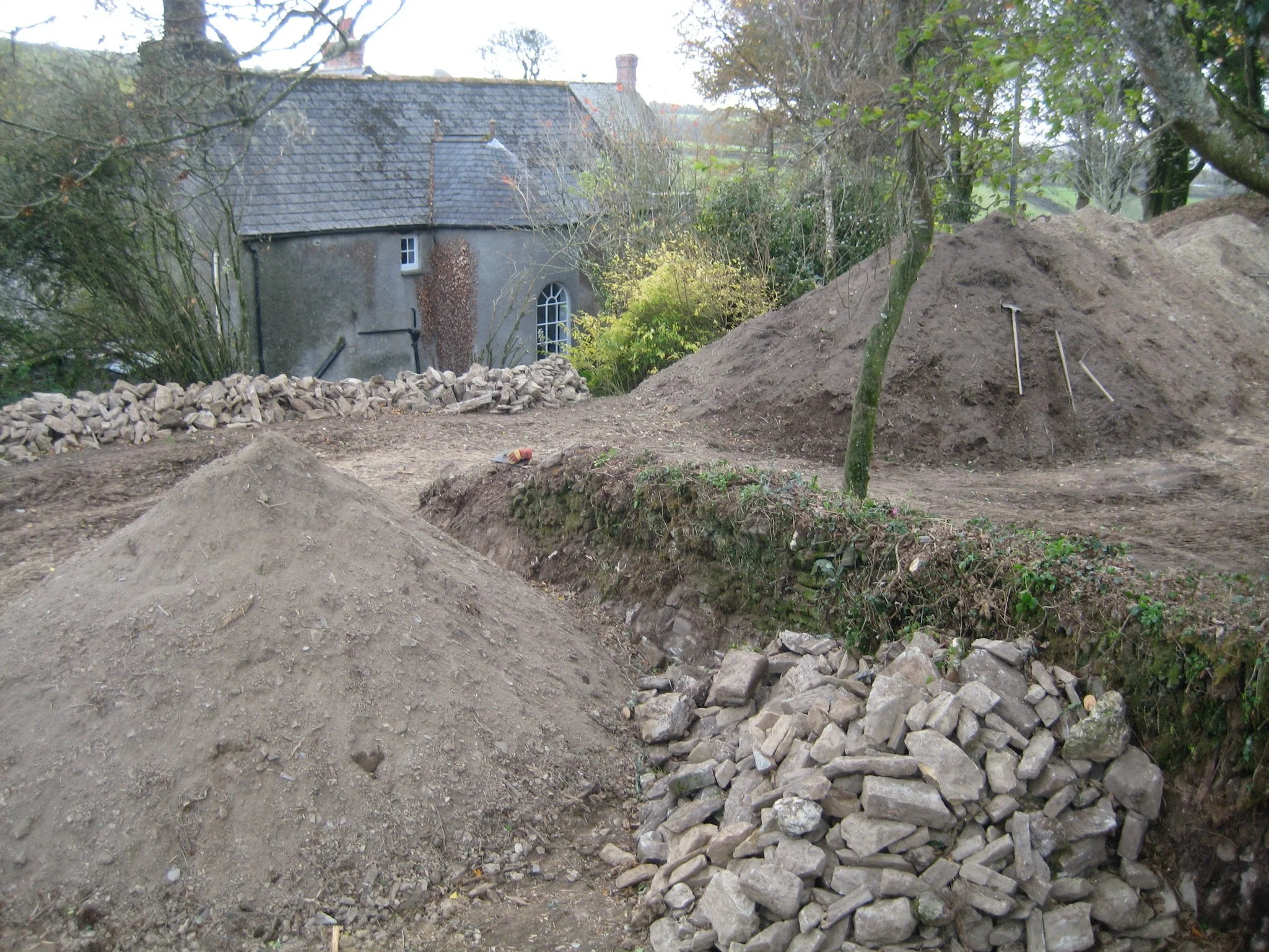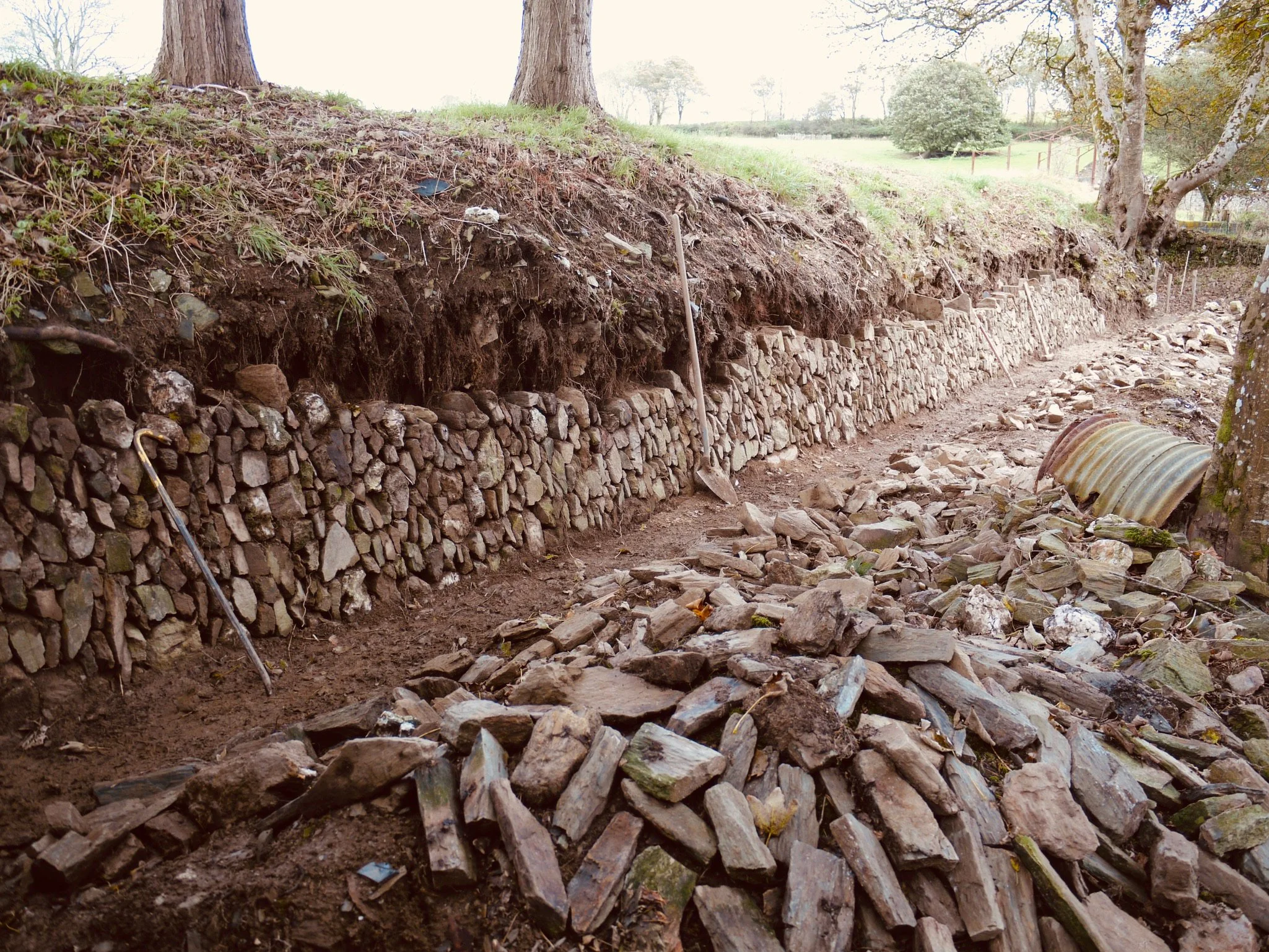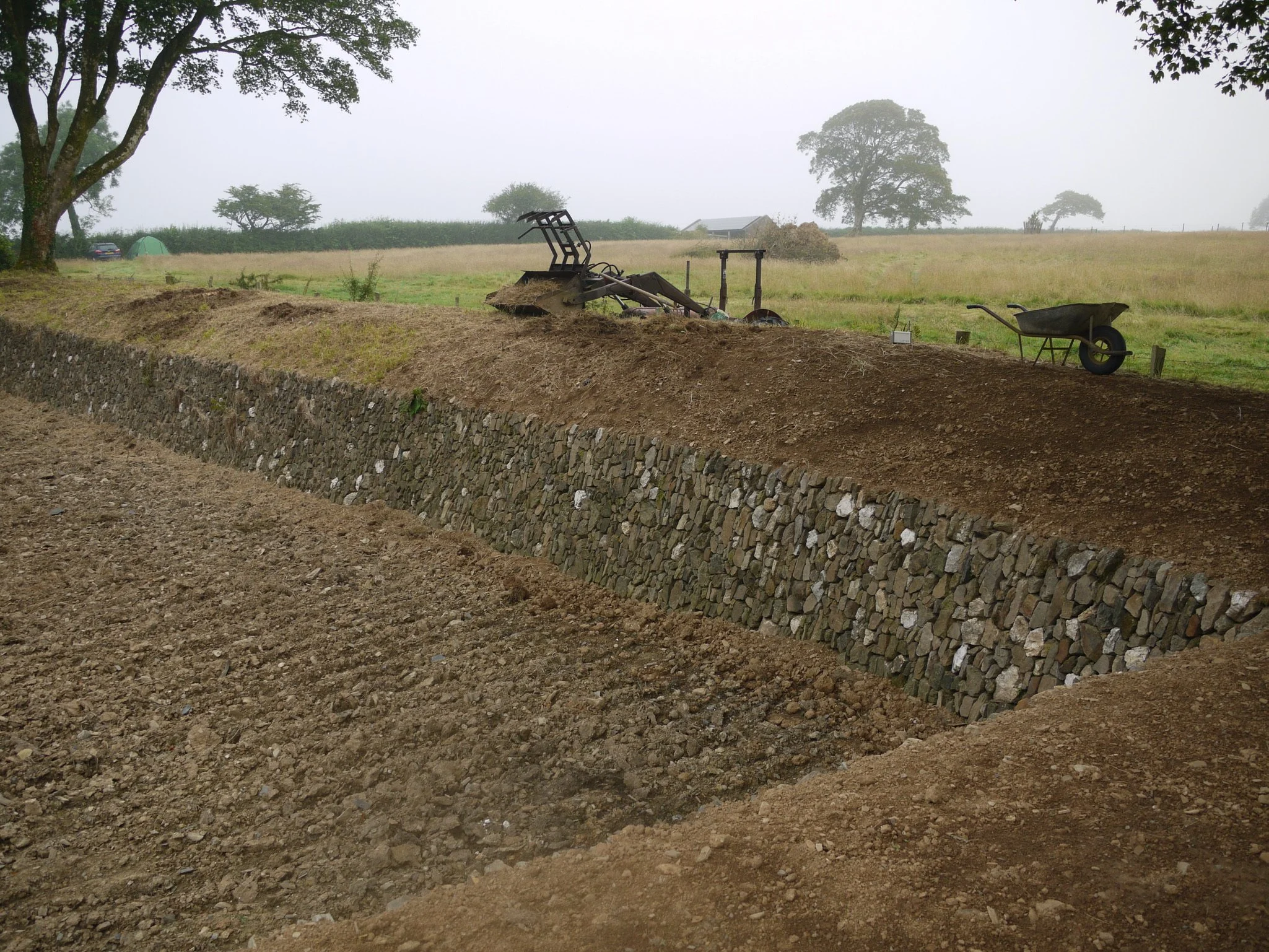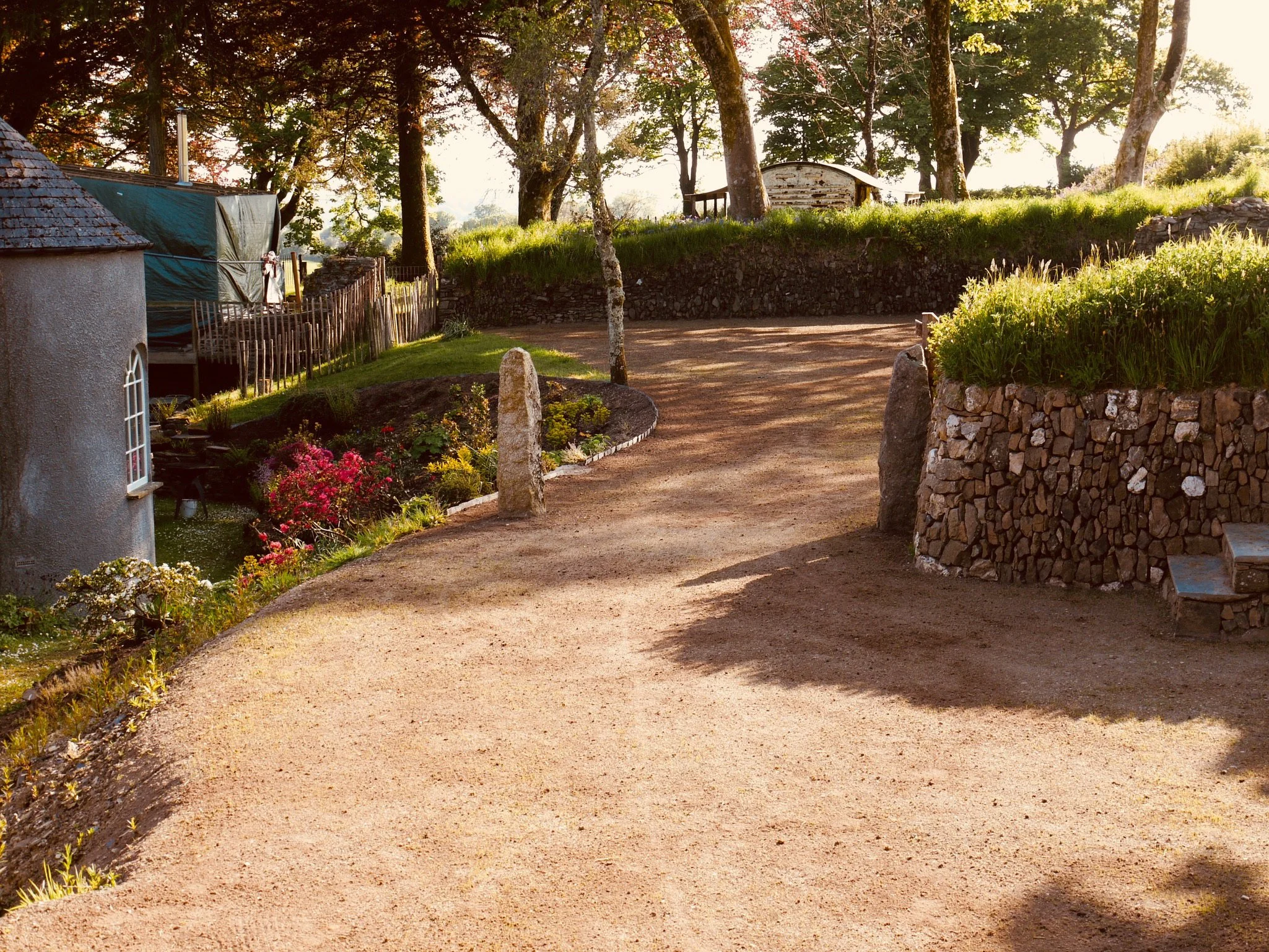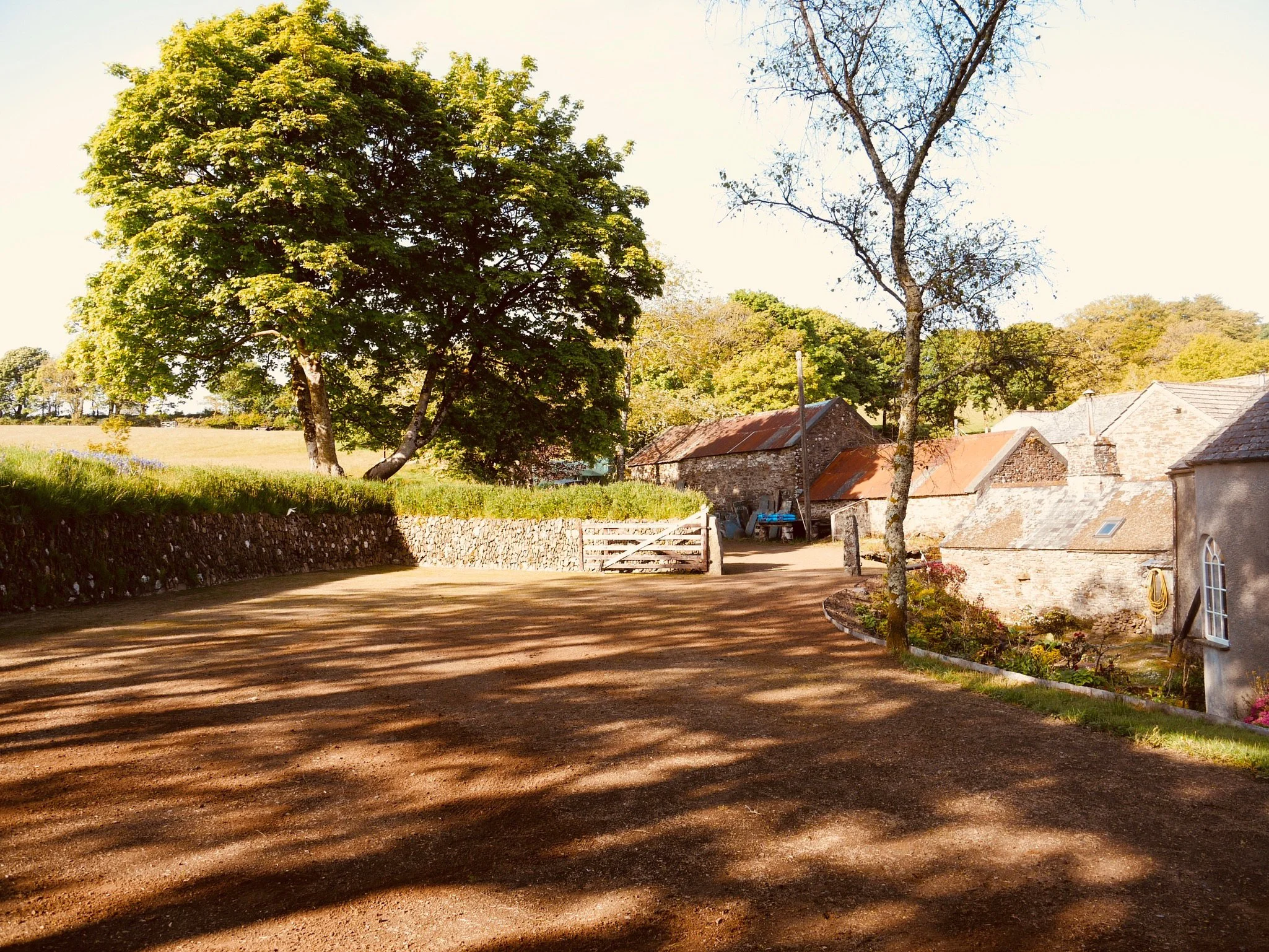Our sustainability story …
Sustainability is woven through the story of Botelet, past and present - though not may not always have been referred to as such. The ethos of re-use and restoration have defined Botelet’s gradual evolution, and with three generations of Tamblyns living under the same roof for the past 150 plus years, there has been a natural inclination to learn from the past as we also seek to embrace and harness contemporary technologies, and understandings of how we can improve our environmental and social footprint to benefit future generations.
We’ve described some of the main chapters of our story below, with recognition that there will always be more to learn and do - a work in progress in which we try to make positive changes that work for our particular set-up, acknowledging that sometimes huge infrastructure projects can come with their own negative impacts, so gradual, considered steps can often provide better long-term solutions.
Energy Use
Our energy use at Botelet is net-zero: we generate energy through our wind turbines, solar panels and biomass boiler system. The energy infrastructure is complex and ever-changing along with technology; in 2011 we installed two domestic 11kw Gaia wind turbines. These provide power for the farmhouse, Manor Cottage and farm buildings - when there is wind! We have solar panels in two locations - up at the main farm and on the roof of Cowslip Cottage.
The renewable energy generated at the farm is fed into an 8,000 litre water tank which then supplies domestic hot water as well as feeding radiators in Manor Cottage and the farmhouse. Our biomass boiler tops up the tank when demand exceeds the energy supplied by wind and solar - we use logs harvested during coppicing work on the hedgerows which are brought in, dried then used for the boiler as well as for the woodburners in the holiday cottages.
We use green-tariff electricity for all other requirements in our home and holiday cottages.
Below: the biomass boiler room.
Reduce, Re-use, Recycle
A modern phrase, that has manifested through the generations here at Botelet. David and Barbara (Richard and Julie’s parents) were both youngsters during World War II, and David’s father Cyrus (born 1884, died 1986 - see History page) lived through two World Wars, therefore the mentality of ‘make-do and mend’ has long resonated for the Tamblyn family. Whether in relation to farming, buildings or simply the families’ provision of food and clothes, there is a long tradition of embracing the natural resources on our doorstep, conserving, preserving, putting aside for future use and getting creative.
Barbara (born 1932) is a skilled hand at knitting, darning, cooking, mending, tapestry and more; below (left) at her spinning wheel where she spun wool from Botelet sheep (image from 1985), and used the yarn to knit hats and tea cosies, many of which are still in use today - such as the one in the image on the right!
Within the cottages at Botelet you will find an (always evolving) array of repurposed items, from eclectic lighting crafted from led pipes to antique family furniture and coat hooks that may just have found their seventh or eighth home. Behind the scenes, wood, metal, stones, pipes and tools - nails, screws, hinges .. - are collected, categorised, stored and then used during ongoing maintenance.
Linen for the cottages is a combination of vintage and modern. We seek out quality, timeless items that are made to last; and mend, sew or dye where we can to extend the life of fabrics. With crockery, glassware, furniture, fittings we look first to what we already have, and update when needed.
There is a delicate balance between constant updating - to replace a glass with a slight smudge from dishwasher-use, or refresh a curtain style - and trying to prolong use in order to minimise waste. We won’t always get it right, but our choices reflect a desire to re-use rather than replace wherever we can. We frequent our local charity and antique shops, and when we do need to buy new, we support local businesses where we can.
We recycle where possible, and encourage guests to as well. Inevitably there are times when items cannot be recycled, but we try to keep this to a minimum through our purchasing choices, through repairing (toasters, chairs, tables …) along with stripping back any components that we can make use of before items are disposed of.
For our holiday cottage laundry, which we do in-house, we use products that are packaged in cardboard in order to reduce plastic. We don’t iron our linen - we prefer to embrace an honest, slightly-crinkled, unadorned style and in so doing save energy and resources.
Loo rolls supplied in our cottages are made from recycled paper. Washing up liquid and hand soap for the cottages come in re-useable bottles that we top-up.
Where possible, we aim to use cleaning products that are environmentally friendly, to support the health of our house keepers as well as nature. However there are times where using a stronger cleaning product can enable us to prolong the life of a product, so we don’t rule this out completely but try to make considered choices.
We use ourselves and provide composts for our guests for waste food - and our free range chickens along with the wild birds are always happy to receive anything that can’t be composted!
The Farm
We have been part of the Countryside Stewardship Scheme for over 20 years, which emphasises the need to protect the environment alongside agricultural activities, for example through gentle stocking, promoting biodiversity through restoring and maintaining traditional hedgerows, and letting the land lie fallow in the winter to recuperate naturally instead of relying on fertilisers or pesticides. We aren’t registered organic but manage the farm alongside our tenant farmers according to many of these principles.
You will find many different types of wild flowers populating the fields at Botelet, and a vast array of fauna and flora living in the hedgerows and the deciduous wet woodlands, which we leave to regenerate naturally.
Hundreds of native trees are planted each year during hedgerow restoration work, such as oak, beech, blackthorn and hawthorn.
Farming resources - as those used for the buildings and interiors - are carefully collected, stored and re-used where possible, for example fencing posts, wire and tree guards. Stones unearthed from the fields are used to re-build historic features such as culverts, and to re-build hedges.
Visitors to Botelet may have noticed the piles of stones in the yard; these have been retrieved from fields during Richard’s decades of work on the land, categorised into piles according to shape, then are re-used during building projects. The historic stone walkway that creates the perimeter of the garden behind Manor Cottage garden was completely rebuilt by Richard in 2012/13, following discussions with local historians about the original lines and heights of the wall (which are noted in the Domesday book), selecting stones appropriate for the base, corners or facing of the wall from the stores in the yard (see images below).
We welcome local school groups to Botelet to learn about the wildlife on farms, and to visit Bury Down Hill Fort to learn about local iron-age history.
What can you do?
When you’re staying with us, you can make your stay as light on the planet as possible by:
Reducing energy use: turn off lights when not needed and going out, don’t over-fill kettles, turn heating down.
Recycle: separate out waste and recycle where possible, using the bags provided.
Use your compost bin for any uncooked fruit/vegetable waste.
Support local businesses while out and about.
Thank you!

